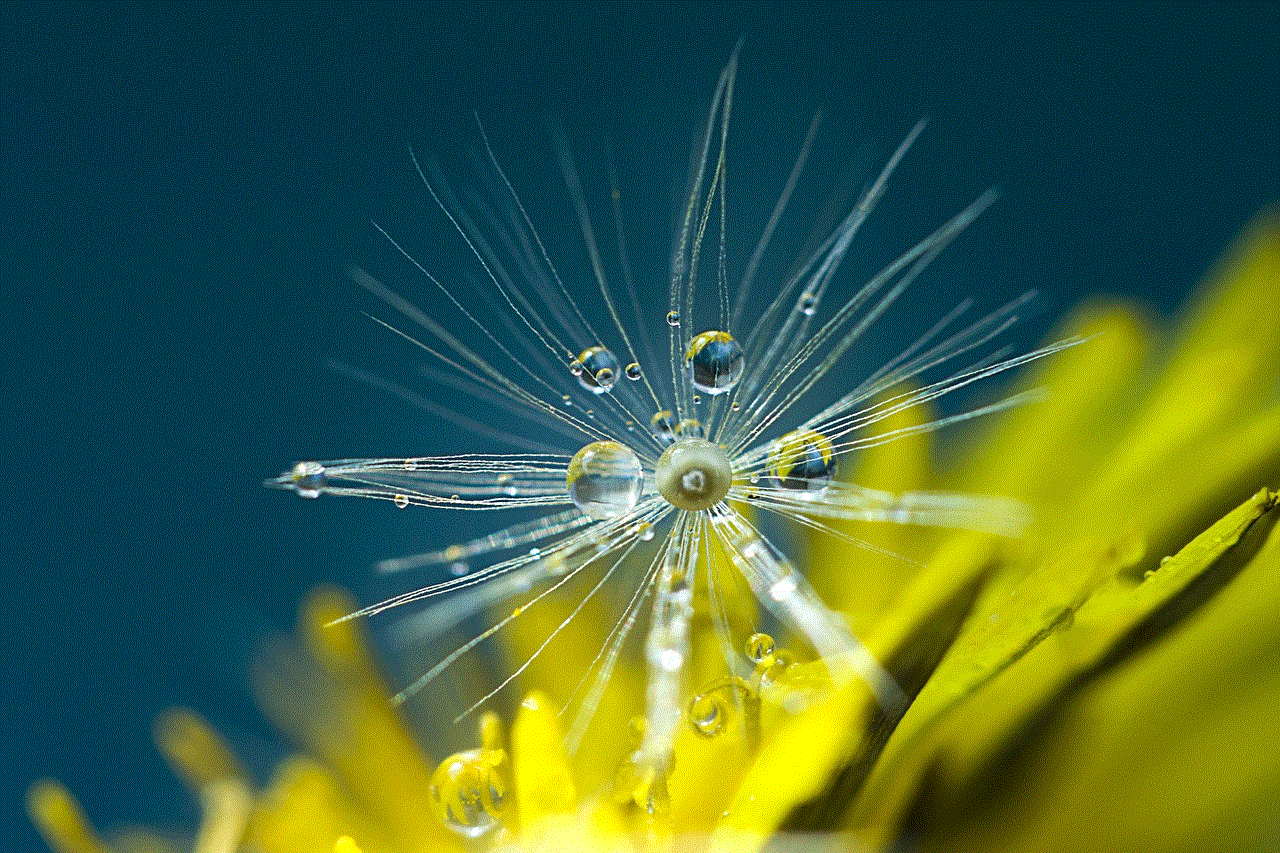toxic adult daughter
Having a toxic adult daughter can be a challenging and heartbreaking experience for any parent. It can leave them feeling helpless, frustrated, and even guilty. As a parent, you have spent years nurturing and caring for your child, only to see them grow into someone who is constantly causing pain and turmoil in your life. It can be difficult to understand how someone you love so deeply can turn into a toxic adult daughter. However, it is important to recognize that this behavior is not a reflection of your parenting, but rather a result of their own personal struggles and issues. In this article, we will delve into the concept of a toxic adult daughter, the signs to look out for, and how to cope with this difficult situation.
What is a toxic adult daughter?
A toxic adult daughter is someone who exhibits negative, manipulative, and often abusive behavior towards their parents. This can take many forms, such as constantly belittling and criticizing their parents, using emotional blackmail to get what they want, and creating drama and chaos in their family. These behaviors can be damaging not just to the parents, but also to those around them, including their siblings, extended family, and friends.
It is important to note that a toxic adult daughter is not just someone who is going through a rebellious phase or having a bad day. It is a pattern of behavior that is persistent and consistent. This means that the toxic behavior is not just limited to certain situations, but it is a part of their personality and how they interact with others on a daily basis. It can be difficult for parents to come to terms with the fact that their child has become toxic, but it is crucial to recognize and address this behavior in order to move towards a healthier relationship.
Signs of a toxic adult daughter
Recognizing the signs of a toxic adult daughter is the first step towards dealing with this challenging situation. Here are some common signs that may indicate that your daughter has become toxic:
1. Constant criticism and belittling: A toxic adult daughter will often criticize and belittle their parents, making them feel like they are not good enough. They may use hurtful words and phrases to shame and humiliate their parents, leaving them feeling emotionally drained and wounded.
2. Lack of empathy: Empathy is the ability to understand and share the feelings of others. A toxic adult daughter may lack this quality and be unable to see things from their parents’ perspective. They may be self-absorbed and only care about their own needs and desires.
3. Manipulative behavior: Toxic adult daughters may use manipulation to get what they want. They may resort to emotional blackmail, guilt-tripping, and playing mind games in order to control their parents and get their way.
4. Blaming others for their problems: Instead of taking responsibility for their actions, a toxic adult daughter may constantly blame others, especially their parents, for their problems and failures.
5. Lack of boundaries: Toxic adult daughters often have a difficult time respecting boundaries. They may invade their parents’ personal space, ignore their parents’ wishes, and expect their parents to always be available to them, regardless of their own needs and boundaries.
6. Constant need for attention: A toxic adult daughter may have an insatiable need for attention and validation from their parents. They may become upset or lash out if they feel like they are not getting enough attention, often resorting to extreme measures to get it.
7. Difficulty with conflict resolution: Toxic adult daughters may struggle with conflict resolution. They may avoid confrontations or escalate minor issues into major arguments, making it difficult to have a healthy and productive conversation.
8. Lack of respect: Respect is a crucial component of any healthy relationship. A toxic adult daughter may show a lack of respect towards their parents, disregarding their feelings, opinions, and boundaries.
Dealing with a toxic adult daughter
Having a toxic adult daughter can be emotionally and mentally draining for parents. It can lead to feelings of anger, frustration, and even guilt. However, it is important to remember that you are not responsible for your daughter’s behavior. Here are some ways to cope with a toxic adult daughter:
1. Set boundaries: It is important to establish clear boundaries with your toxic adult daughter. This could mean limiting contact, refusing to engage in toxic behavior, and setting consequences for breaking boundaries.
2. Practice self-care: Taking care of yourself is crucial when dealing with a toxic adult daughter. Make sure to prioritize your own well-being, whether it’s through exercise, therapy, or spending time with supportive friends and family.
3. Seek professional help: Dealing with a toxic adult daughter can be overwhelming and may require the help of a professional therapist. A therapist can provide you with the tools and support you need to cope with this difficult situation.
4. Don’t take it personally: It’s important to remember that your daughter’s toxic behavior is not a reflection of your parenting. It is a result of their own issues and struggles. Don’t blame yourself or take it personally.
5. Communicate effectively: When communicating with your toxic adult daughter, try to remain calm and avoid getting defensive. Use “I” statements to express your feelings and try to listen to their perspective without judgment.



6. Set a good example: Show your daughter what a healthy and respectful relationship looks like by setting a good example. This may mean taking a break from the toxic behavior, being compassionate and understanding, and showing respect towards boundaries.
7. Seek support: Dealing with a toxic adult daughter can be isolating, but it’s important to remember that you are not alone. Seek support from friends, family, or support groups who understand what you are going through.
Conclusion
Having a toxic adult daughter can be a painful and challenging experience for any parent. It is important to recognize the signs of toxic behavior and take steps to cope with the situation. Remember to prioritize your own well-being, set boundaries, and seek support when needed. It may be a difficult journey, but with patience, understanding, and support, you can work towards a healthier and happier relationship with your daughter.
what does boujie mean
Boujie, also spelled as boujee, has become a popular term in recent years, especially in the realm of pop culture and social media. The term is often used to describe a certain type of lifestyle or behavior that is deemed to be luxurious, extravagant, and sometimes even pretentious. It is often associated with the upper class and is used to describe people or things that are considered to be high-end or upscale. But where did this term originate from and what does it truly mean? In this article, we will delve deeper into the origins and meanings of boujie.
Origins of the term boujie
The term boujie is believed to have originated from the French word “bourgeois”, which refers to the middle class or the upper-middle class. It was first introduced into the English language in the 18th century and was used to describe people who were affluent, but not quite in the same league as the upper class. Over time, the term evolved and took on a slightly negative connotation, being used to describe people who were trying too hard to appear upper class or posh.
In the 21st century, the term boujie gained popularity in African American communities, particularly in the southern United States. It was used to describe people who were perceived to be living beyond their means and flaunting their wealth. The term was often used in a derogatory manner and was associated with materialistic and superficial behavior.
However, in recent years, the term has taken on a new meaning and has become widely used in mainstream culture. It is now used to describe a lifestyle that is characterized by extravagance, luxury, and opulence, regardless of one’s social status or background.
Meanings of boujie
The term boujie has different meanings for different people. For some, it is a compliment, while for others, it is an insult. Some use it to describe a lifestyle that is aspirational and desirable, while others use it to mock those who are perceived to be pretentious and shallow.
One of the main meanings of boujie is associated with materialism and the flaunting of wealth. People who are described as boujie are often seen as being showy and ostentatious, using their material possessions to gain social status and recognition. This is often seen in the way they dress, the cars they drive, and the places they frequent.



Another meaning of boujie is associated with a certain level of sophistication and taste. Those who are considered boujie are often seen as having refined and expensive tastes, whether it be in fashion, food, or entertainment. They are known for indulging in the finer things in life and are not afraid to show it off.
Boujie is also used to describe a lifestyle that is marked by indulgence and excess. Those who are boujie are often seen as living in a bubble of luxury and extravagance, where money is no object. They are known for throwing lavish parties, traveling to exotic destinations, and indulging in expensive hobbies and activities.
In some cases, the term boujie is also used to describe a certain attitude or behavior. People who are described as boujie are often seen as having a sense of entitlement and superiority, looking down on those who do not share their lifestyle or values.
The boujie lifestyle
The boujie lifestyle is often associated with a certain level of exclusivity and privilege. It is seen as something that is only attainable by the rich and famous, and those who are part of the upper echelons of society. However, with the rise of social media and the culture of influencers, the boujie lifestyle has become more accessible to the masses.
The boujie lifestyle is characterized by indulgence and excess, where money is no object. It is all about living the high life and not being afraid to show it off. This can be seen in the way boujie individuals dress, often opting for designer brands and luxury items. They are also known for their extravagant homes, fancy cars, and exotic vacations.
Apart from material possessions, the boujie lifestyle also includes indulging in expensive hobbies and activities. This can range from fine dining at Michelin-starred restaurants to attending exclusive events and parties. It is all about experiencing the best that life has to offer and not being afraid to spend money on it.
However, the boujie lifestyle is not just about material possessions and indulgence. It also places a strong emphasis on appearance and presentation. Those who are considered boujie are often seen as being well-groomed and put together, with a keen eye for fashion and style. It is all about projecting an image of wealth and sophistication.
Boujie culture in social media
The rise of social media has played a significant role in the popularization of the boujie lifestyle. Platforms like Instagram and tiktok -parental-control-effectively-in-2023″>TikTok have become hubs for showing off wealth and luxury, with many influencers and celebrities using these platforms to showcase their boujie lifestyle.
Social media has also made the boujie lifestyle more accessible to the masses, with many people aspiring to live a life of luxury and excess. The use of hashtags such as #boujie, #boujee, and #boujielifestyle have become popular on social media, with people using them to showcase their own version of the boujie lifestyle.
However, the boujie culture on social media has also faced criticism for promoting materialism and superficiality. Many argue that it creates an unrealistic and unattainable standard of living, leading to feelings of inadequacy and envy among those who do not have the means to live such a lifestyle.



In conclusion, the term boujie has evolved over time and has come to represent a lifestyle that is marked by extravagance, luxury, and materialism. It is often seen as a symbol of social status and has become a popular term in mainstream culture and social media. While some view it as aspirational and desirable, others see it as shallow and pretentious. Ultimately, the meaning of boujie is subjective and can differ from person to person.